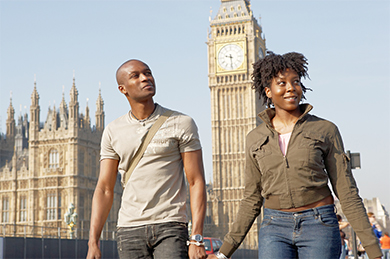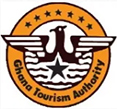
|
Visa
To be able to travel to Ghana, you need to be in a possession of a passport that will still be valid 6 months after you return to your country.
You also must obtain a visa. The visa for Ghana can be requested from your local Ghana Embassy or Consulate.
For more information you can also check the website of the Ghana embassy in your country:
www.ghana-embassy.org (USA)
www.ghana.co.uk (UK)
www.ghanaembassy.nl (Netherlands)
www.consulate-ghana.com.au (Australia)
For other embassies search on:
www.embassyworld.com
Time
Ghana is on Greenwich meantime.
Vacination
You will always be required to show your International Certificate of Vaccination to the 'Health Officials'. Vaccination against yellow fever is obligatory and is expected to be clearly signed and depicted in your certificate. Other vaccinations recommended are Cholera, Hepatitis A and Typhoid. Protection against malaria is recommended. In any case it is advisable to contact the local health bureau or your house doctor.
Electricity
The voltage is 230 / 250 volts AC 50 Hz. You have to take into consideration that electricity is not everywhere and always available. It is advisable to bring an adaptor for the English type sockets.
Clothing
Easy to wear and easy to wash clothing is advised. Headgear is not superfluous. Although Ghana is a tropical country, it can be rather cool in the night. Don't forget to bring a cardigan or a sweater. It is also advisable to wear a shirt with long sleeves and a pair of trousers when night falls; this is to protect you against mosquitoes.
Drinking Water
It is advisable to drink mineral water from bottles exclusively. Be careful to check lid of these bottles in order to make sure they are not broken.
Photography
The making of photographs in Ghana does not require any special permission.
However, taking pictures of airports, government buildings and military vehicles is strictly forbidden. If you want to take pictures of people, just ask their permission, or from your tour guide.
The use of a video camera is permitted.









